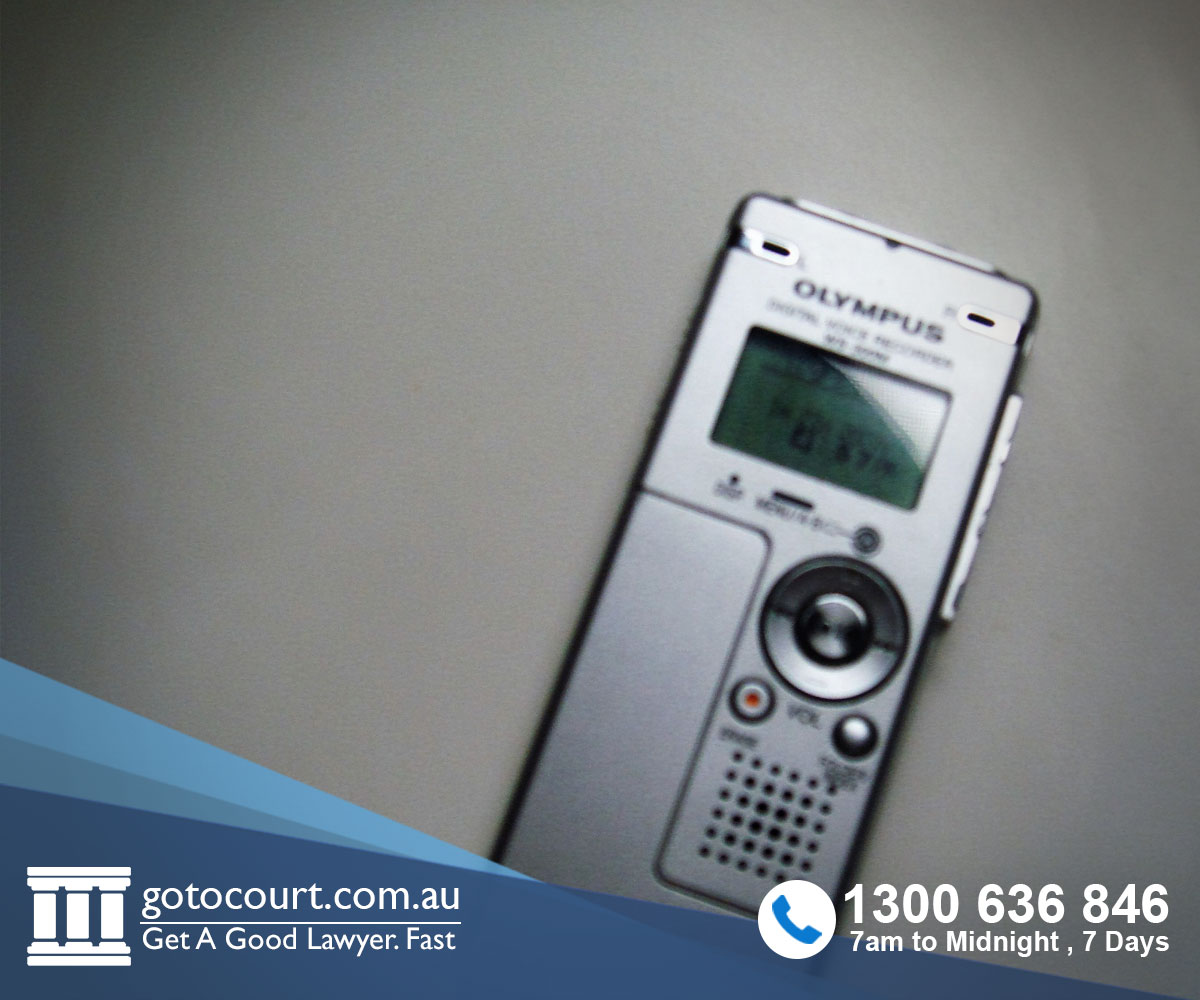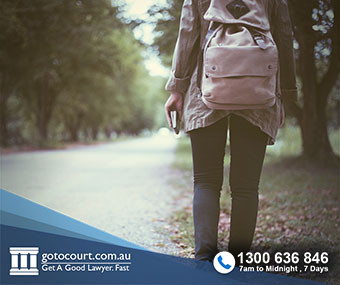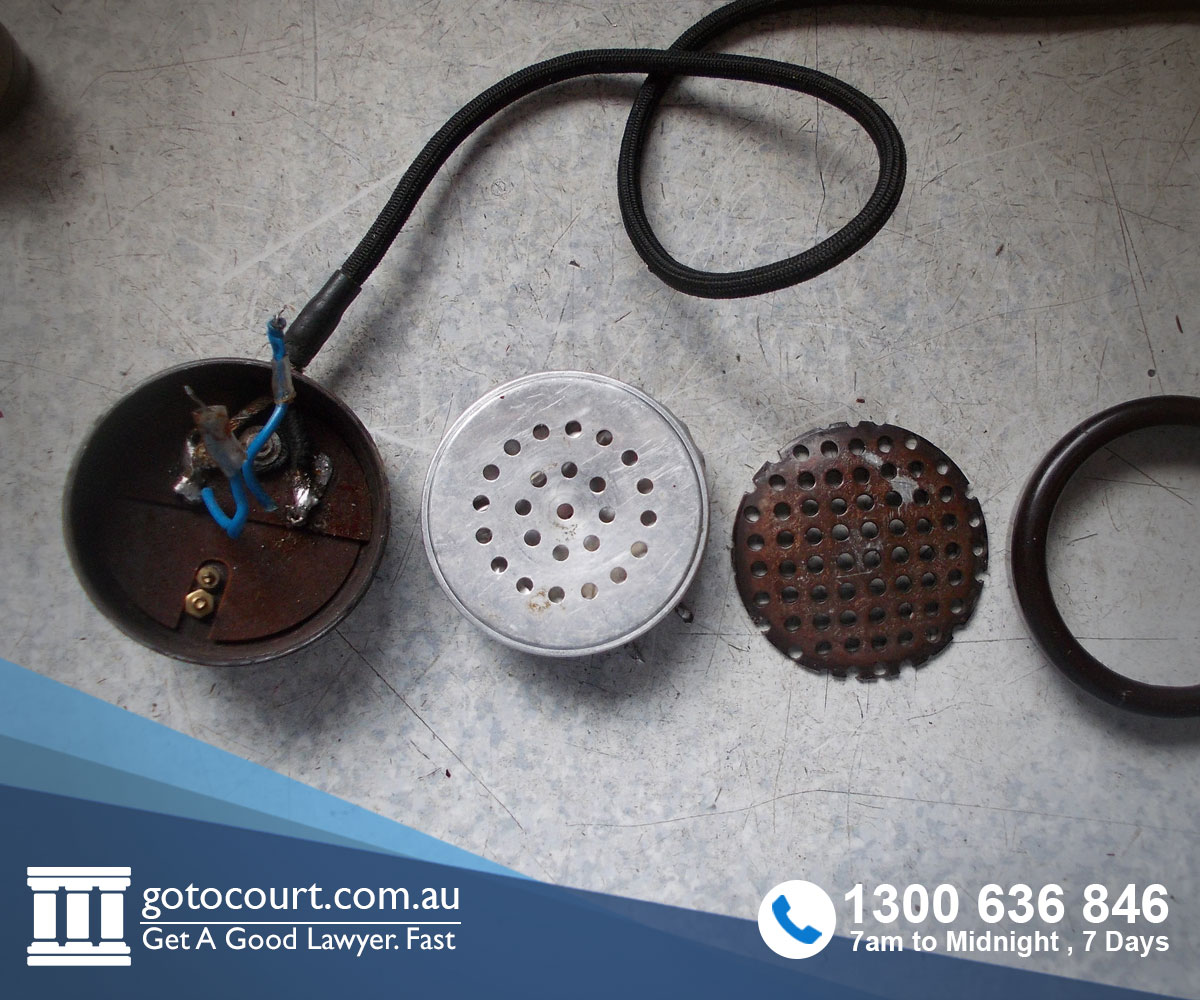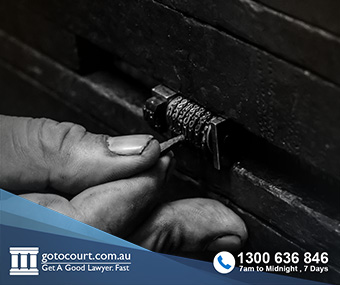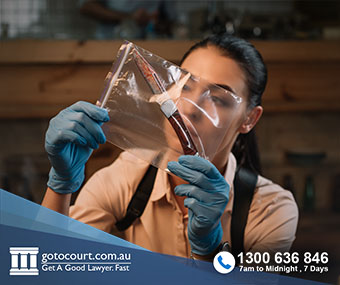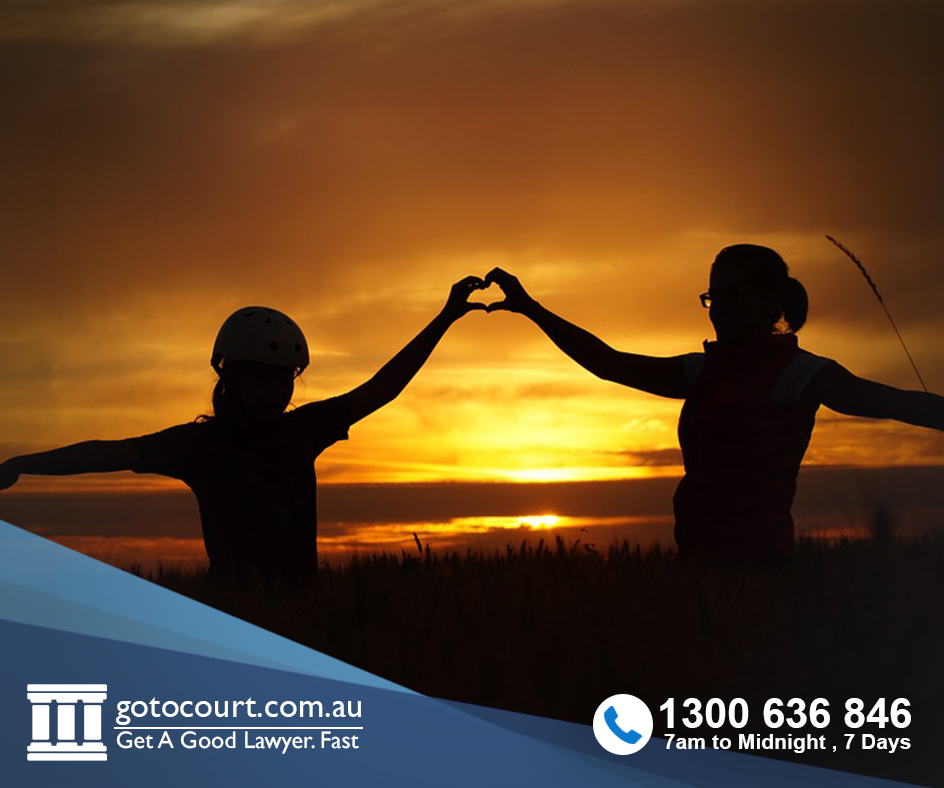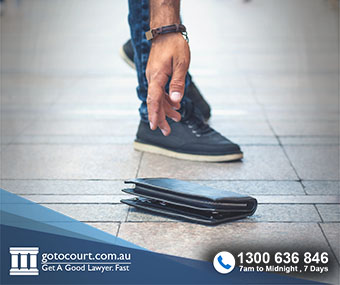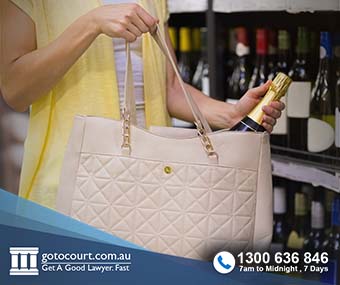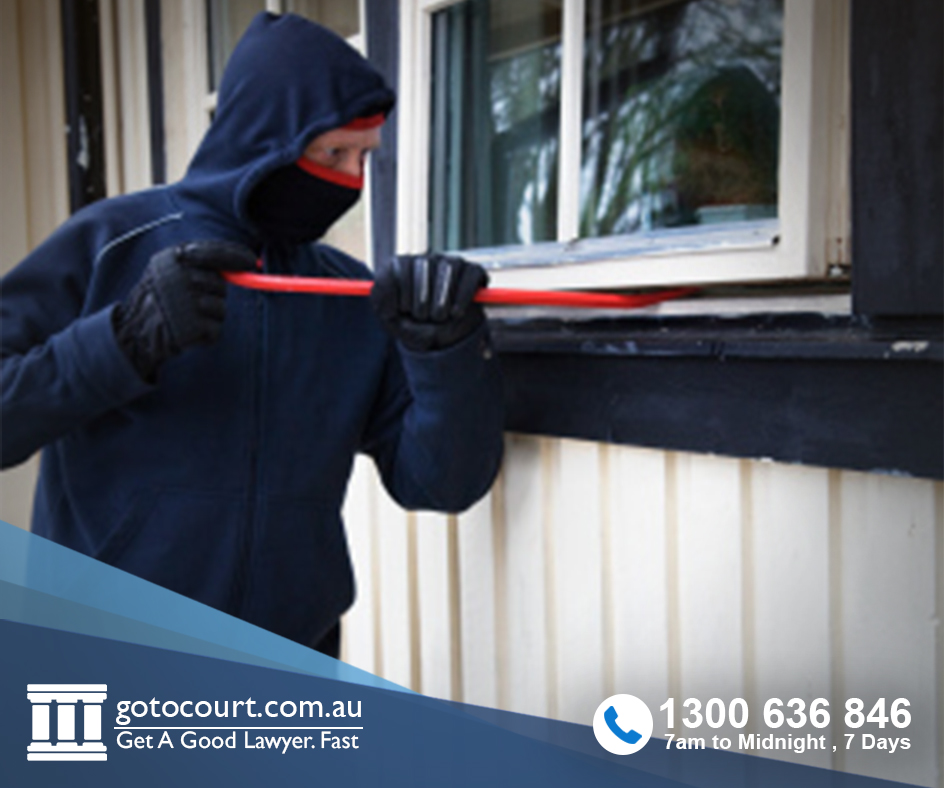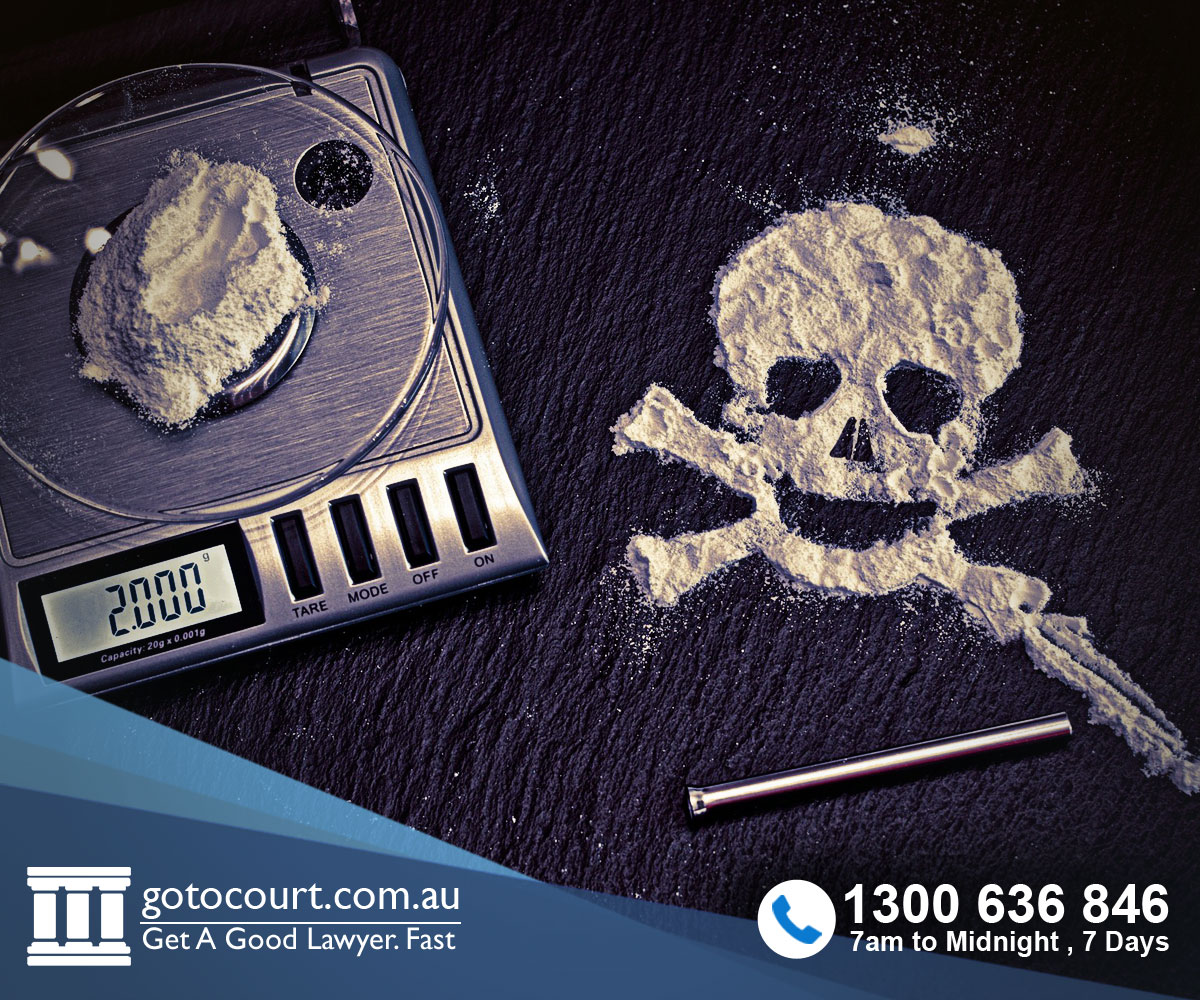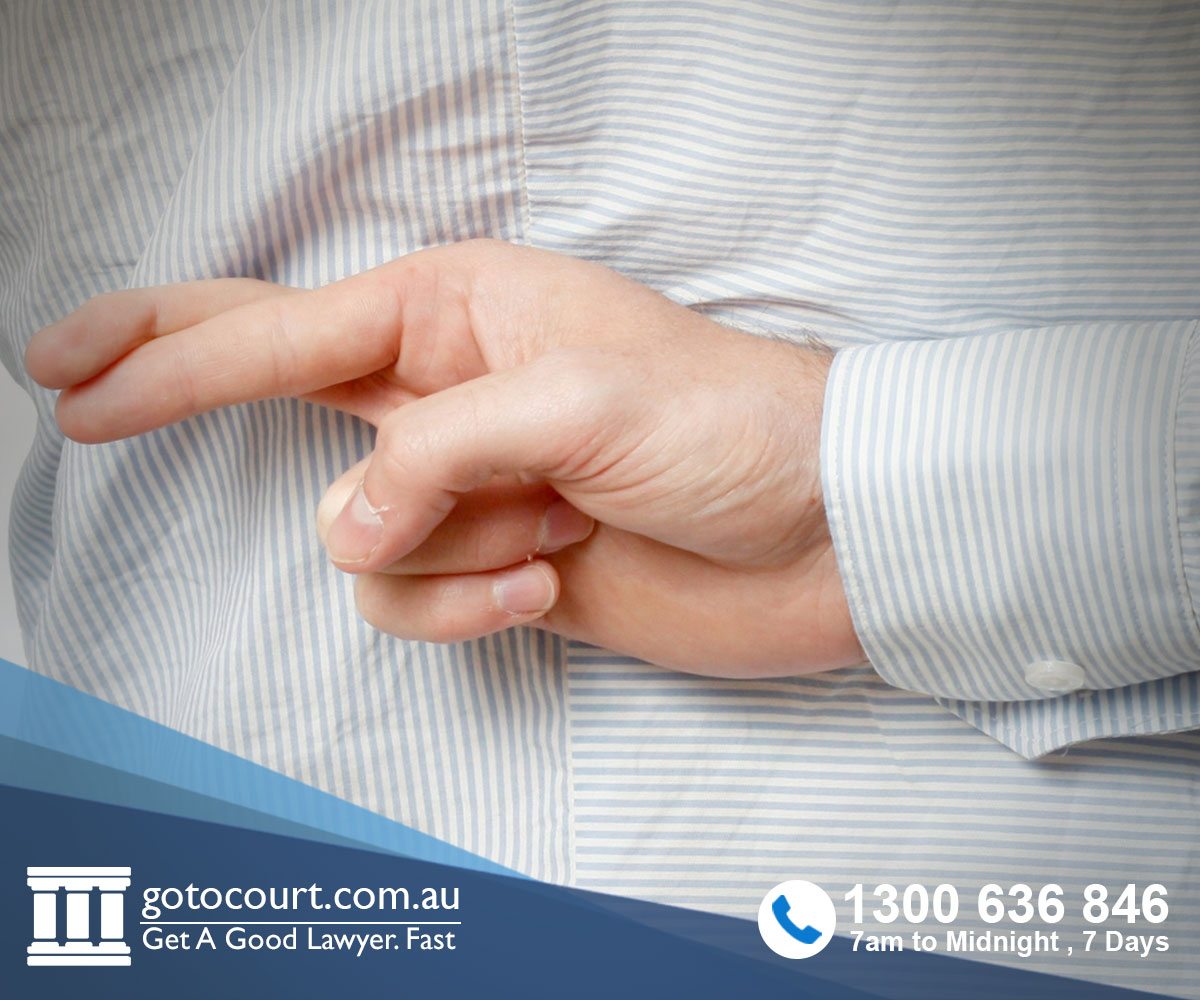Call our lawyers
now
or,
have our lawyers
call you
Assault in Brisbane
Updated on Oct 06, 2022 • 5 min read • 264 views • Copy Link
Assault in Brisbane
Assaults are a class of offence that involve the use, or threat, of physical force against another person. Assault in Brisbane and elsewhere in Queensland are taken seriously and most findings of guilt will lead to the recordings of criminal convictions. This page contains information about assault in Brisbane and the rest of Queensland, including the maximum penalties that apply to each offence.
Definition Of Assault
Section 245 of the Criminal Code Act 1899 QLD defines assault as being committed when
- a person strikes, touches, moves, or otherwise applies force to the person of another, either directly or indirectly, without the other person’s consent; or
- a person does so with the other person’s consent where that consent is obtained by fraud; or
- a person by a bodily act or gesture attempts or threatens to apply force of any kind to another person without the other person’s consent where the person making the attempt or threat has or appears to have a present ability to effect the person’s purpose.
Assault is unlawful where a person commits it without a lawful justification or excuse (such as acting in self-defence or with the other person’s consent).
Common Assault in Brisbane
A common assault carries a maximum penalty of imprisonment for three years. A common assault may consist of a punch, spit or slap. It may also consist of a threat to strike a person, where the victim believes that the threat is going to be carried out imminently – such as raising a fist to a person as if to punch them.
A common assault carries a maximum sentence of three years imprisonment. It is a summary offence, meaning it is finalised in the lower courts. Where the offender is an adult, this will be the Magistrates Court and where the offender is under 18, it will be the Children’s Court.
Affray – Fighting in Public
The offence of affray consists of fighting in a public place in such a way that could cause members of the public to be frightened. Affray is set out in section 72 of the Criminal Code. It can attract a penalty of up to seven years imprisonment.
Assault Occasioning Bodily Harm
An assault occasioning bodily harm (AOBH) occurs when a person is assaulted and suffers an injury, such as bruising or swelling. An assault occasioning bodily harm is aggravated if the offender was armed with a weapon or pretended to be armed.
AOBH is an indictable offence, with a maximum penalty of seven years imprisonment.
Serious Assault
A serious assault in Queensland carries a maximum of seven years imprisonment (or 14 where the offence is aggravated). There are seven categories of serious assault offences.
Unlawfully Doing Grievous Bodily Harm
One of the most serious categories of assault in Queensland is unlawfully doing grievous bodily harm. This offence carries a maximum of 14 years imprisonment.
Grievous bodily harm is an injury that would be life-threatening if left untreated or that involves serious disfigurement or the loss of a part or organ of the body of the victim. There is a separate offence under the Criminal Code of intentionally causing grievous bodily harm.
Indictable offences and summary offences
All assault offences in Queensland, with the exception of common assault, are indictable offences. Indictable offences can be dealt with on indictment in the Supreme Court or District Court. When a matter is dealt with on indictment it must go through a committal procedure in the Magistrates Court or Children’s Court and then proceed to a higher court if there is sufficient evidence to support the charge.
These offences can also be dealt with by a magistrate with the consent of defence and prosecution. When matters are dealt with summarily the maximum penalty that can be imposed is significantly lower than in the higher courts. The longest penalty a magistrate can impose for a single offence in Queensland in three years imprisonment.
Assault Defences in Brisbane
There are a number of legal defences that a person can rely on when charged with assault. Some of these are outlines below.
Self-defence
A person is not guilty of assault if they were acting in self-defence or were defending another person.
The law permits a person to use reasonable force to defend themselves, their property or someone else. In order for this defence to succeed, the accused must demonstrate that they were acting in a way that was proportionate to the extent of the threat they faced at the time of the alleged offence. A person must not use a disproportionate level of force to defend themselves.
Accident
A person in not guilty of assault if they made physical contact with the victim by accident. In order for an assault charge to be made out, the assault must have been committed intentionally or recklessly.
Consent
A person is not guilty of an assault if the alleged victim consented to the assault. There are a few contexts in which this commonly occurs. A person consents to physical contact when they engage in certain sports and contact that occurs within the rules of such a sport does not amount to an assault. A fight can also be engaged in consensually between two or more parties.
If you require legal advice or representation in relation to assault in Brisbane or in any other legal matter, please contact Go To Court Lawyers.

Affordable Lawyers
Our Go To Court Lawyers will assist you in all areas of law. We specialise in providing legal advice urgently – at the time when you need it most. If you need a lawyer right now, today, we can help you – no matter where you are in Australia.How It Works







1. You speak directly to a lawyer
When you call the Go To Court Legal Hotline, you will be connected directly to a lawyer, every time.


2. Get your legal situation assessed
We determine the best way forward in your legal matter, free of charge. If you want to go ahead and book a face-to-face appointment, we will connect you with a specialist in your local area.


3. We arrange everything as needed
If you want to go ahead and book a fact-to-face appointment, we will connect you with a specialist in your local area no matter where you are and even at very short notice.


